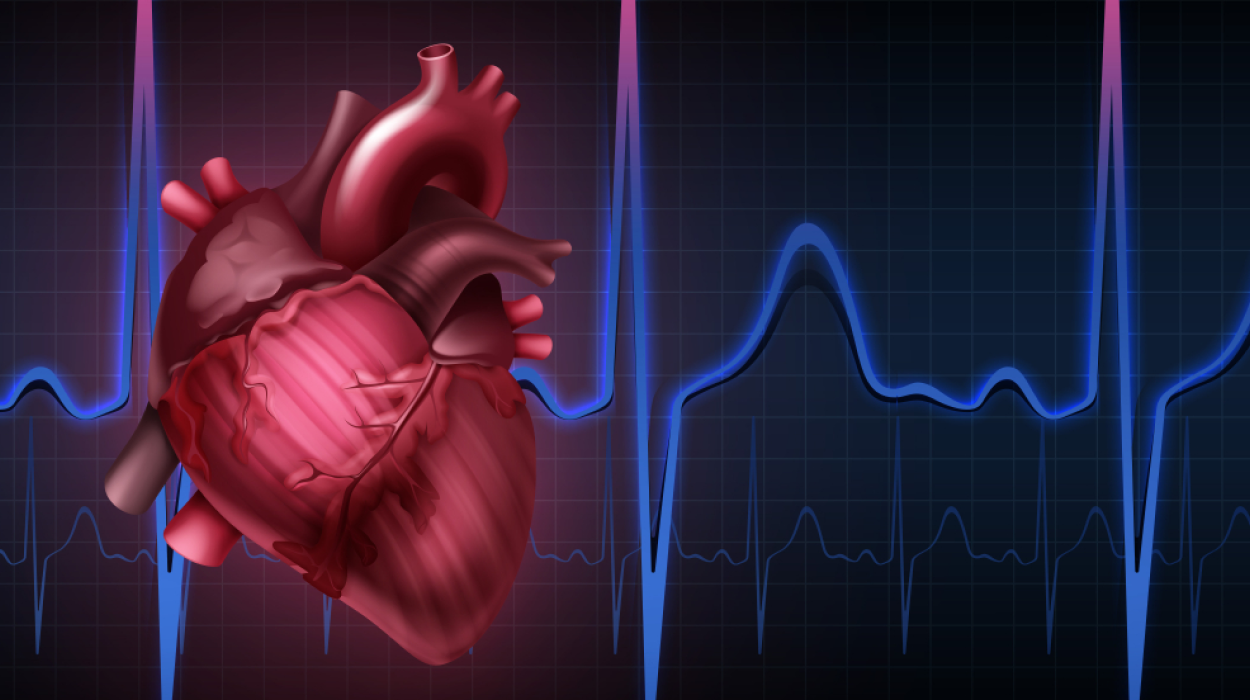Cardiac arrhythmias
- Home
- Cardiac arrhythmias


“Αrrhythmiа” means an abnormal heart rhythm.
Everyone has a built-in electrical system in their heart that makes it beat. With each normal heartbeat:
Sometimes, the electrical signals that control the heartbeat can become abnormal. When this happens, the heartbeat can be:
This can make it harder for the heart to pump blood properly. In some cases, it can lead to serious problems like heart attack, stroke, or even death.
Different things can cause a problem with the electrical signals in the heart. They include:
People are more likely to have arrhуthmiаs as they get older.
This depends on the type of аrrhythmiа. Sometimes, a person can have an arrhythmia without noticing any symptoms.
When symptoms do happen, they might include:
Yes. There are many different types.
Doctors use different terms to describe the type of abnormal heartbeat:
Other terms describe where the electrical signal problem is:
A common arrhуthmia is a condition called “atrial fibrillation” (“A-fib”). In A-fib, the upper heart chambers stop pumping blood as strongly as normal.
With some аrrhythmiаs, the heart beats abnormally all the time. With others, it might beat abnormally only some of the time. In some people, there are “triggers” such as exercise or an illness.
Yes. A test called an “еlеϲtrοϲаrdiоgram” (“ЕСG”) can show if you have an abnormal heartbeat. This test records the electrical activity in your heart. Sometimes, a person learns that they have an аrrhуthmiа when they get an ECG for another reason.
Your doctor or nurse will also do an exam and ask about your symptoms. They might do other tests, too. For example, they might have you wear a special heart monitor. This measures the electrical activity in your heart while you do your normal activities.
It depends on the type of the аrrhуthmia and what caused it. Possible treatments include:
Yes. If you have an arrhythmiа, you should:
Call for advice if you have: